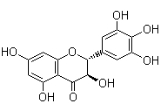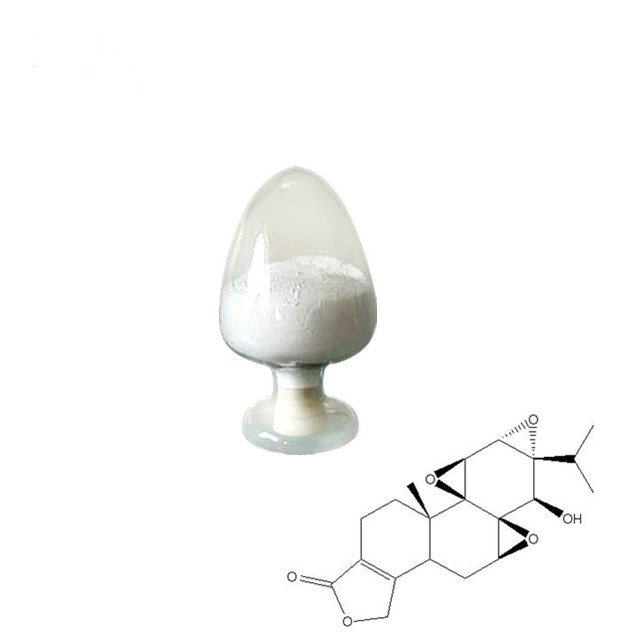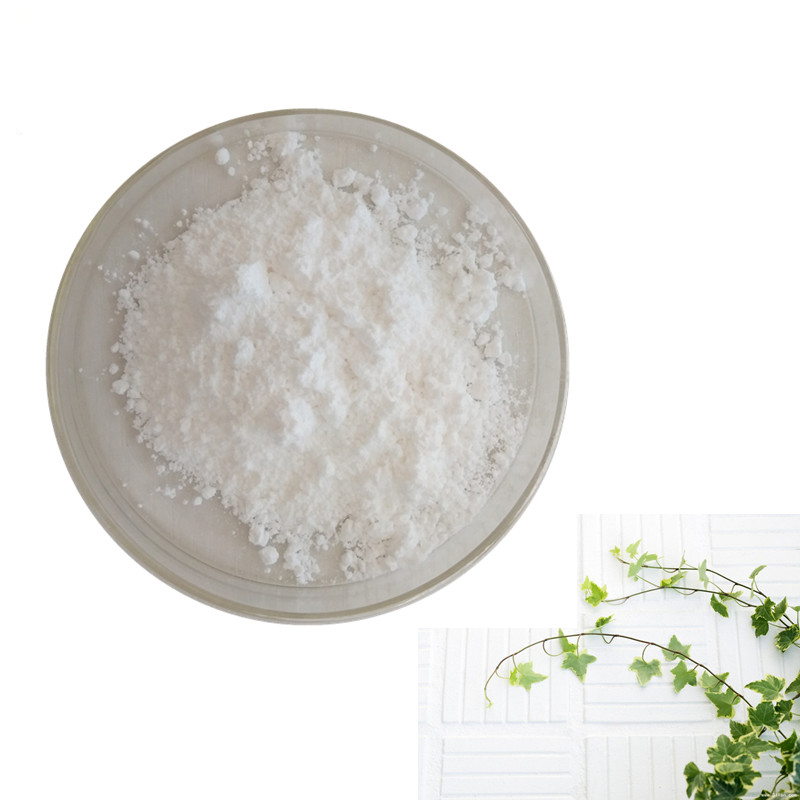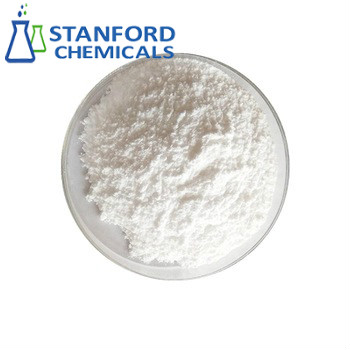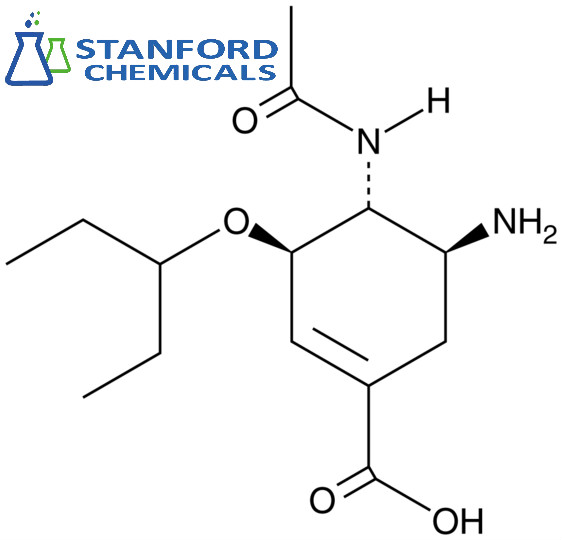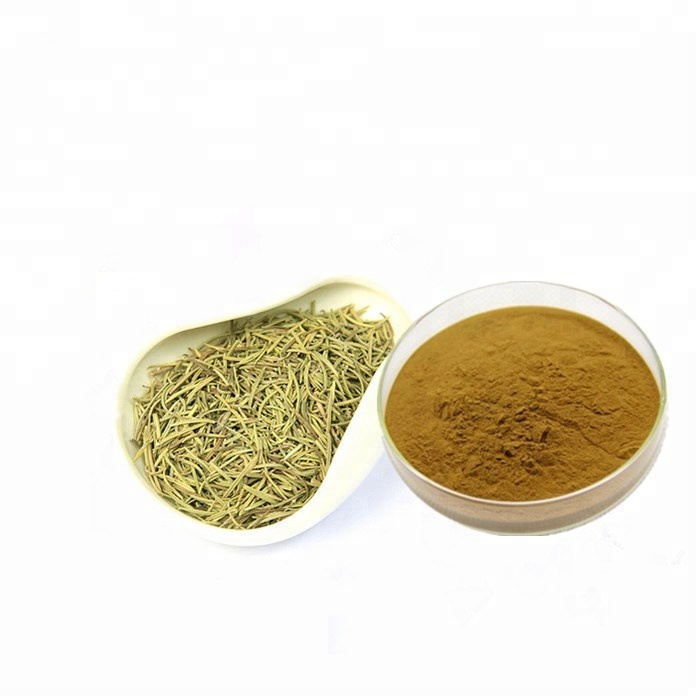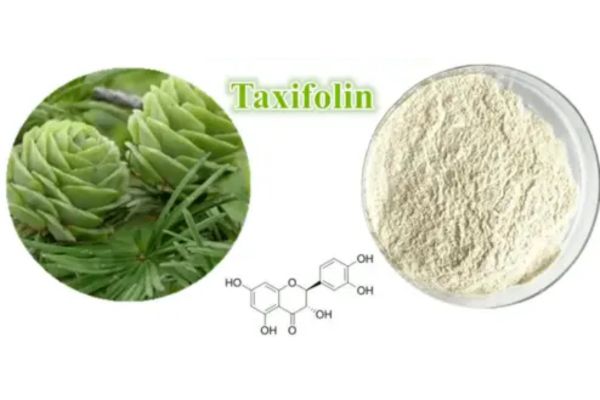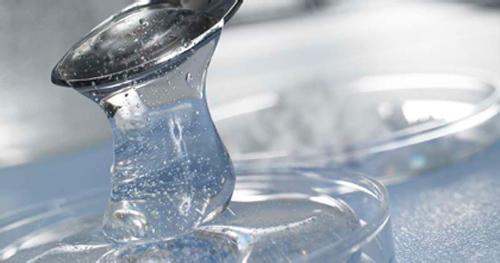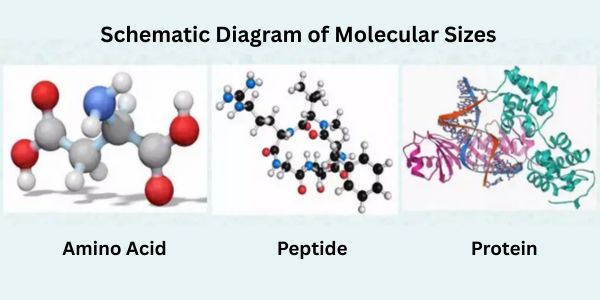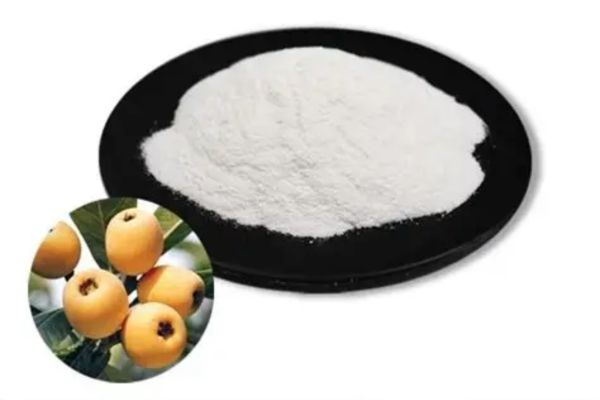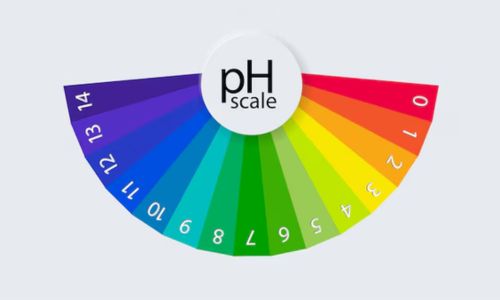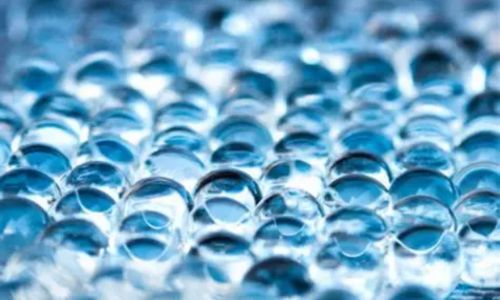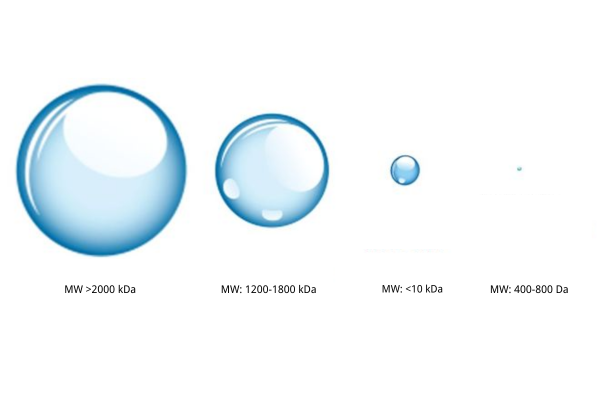With the improvement of people's standard of living, beauty is no longer the patent of women, men also pay much attention to the management of skin. With this comes the demand for skin care products, especially those containing hyaluronic acid, which is sought after by the majority of beauty lovers. What is hyaluronic acid, the role of hyaluronic acid, and its source? 
What is hyaluronic acid?
Hyaluronic acid, a chemical substance with the molecular formula (C14H21NO11)n, is a disaccharide unit glycosaminoglycan composed of D-glucuronide and N-acetylglucosamine. 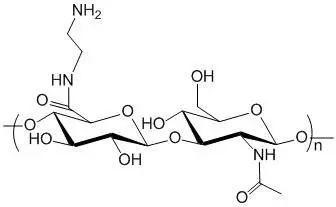
Why can hyaluronic acid be used as a skincare product?
Actually, the answer is simple: hyaluronic acid itself is part of human skin!
Hyaluronic acid is an important component of the intercellular matrix of the human body and can perform the physiological functions of water retention, maintenance of the extracellular space, and regulation of osmotic pressure. Because hyaluronic acid itself contains a large number of carboxyl and hydroxyl groups, it can combine with a large amount of water to play a stable role in water retention. Moreover, the intermolecular polymerization of hyaluronic acid itself forms a complex mesh structure, which makes hyaluronic acid more elastic, so it can serve as a good protective barrier for the skin. In addition to this, hyaluronic acid itself also has the function of regulating inflammatory factors, promoting cell growth, differentiation, and reconstruction, promoting cell proliferation and differentiation, and scavenging free radicals.
However, sometimes, this hyaluronic acid barrier can also go wrong, such as some people’s skin allergies, redness for no reason, some people’s daily hydration, or dry, tight, and flaky. Even with exfoliation, mask cleaning does not work, in this case, it may be that the skin barrier is damaged leading to the appearance of sensitive skin.
There are many reasons for this situation, chemical factors such as excessive cleaning, excessive skin care, and excessive makeup, environmental factors such as drastic temperature changes, wind, and sun, plus many people’s work and rest habits are not very healthy.
Although the human body can synthesize hyaluronic acid to form a skin barrier, multiple factors can cause the body’s hyaluronic acid to be insufficient to meet the skin’s needs, so in this case, replenishing hyaluronic acid is inevitable.
This is the fundamental reason why hyaluronic acid has become a popular choice for skin care products.
Does hyaluronic acid supplementation really work?
The answer is yes, it does.
In fact, there are numerous clinical studies that confirm that hyaluronic acid supplementation by itself will have a repairing effect on the skin.
By this point, I’m sure many of you already understand why hyaluronic acid is widely used in skincare products.
However, hyaluronic acid supplementation is not simple, as there are at least two important elements to note here.
One, the molecular weight of hyaluronic acid
As introduced at the beginning, hyaluronic acid itself is a polymer, and the n in the molecular formula (C14H21NO11)n indicates the polymerization of different numbers of single molecules of hyaluronic acid.
In brief, large molecules of hyaluronic acid with n greater than 10^6 hyaluronic acid molecules polymerize to form large molecules of hyaluronic acid that primarily serve to moisturize, lubricate and inhibit inflammatory responses.
The polymerization of hyaluronic acid with n between the 10th^4th and 6th power plays a role in promoting blood vessel formation and facilitating wound healing.
In contrast, oligomeric hyaluronic acid formed by the polymerization of hyaluronic acid with n less than 10^4 number has the effect of promoting proliferation, differentiation, and scavenging free radicals.
This suggests that for hyaluronic acid, it is not just a matter of seeing the ingredient and thinking it is all-powerful, but one should also consider the impact of its molecular weight.
Some hyaluronic acid repair products have already started to design products from the perspective of different molecular weights.
Second, the source of hyaluronic acid is an important biological material and composition.
The fact that hyaluronic acid is widely distributed, so also leads to a very complex source of hyaluronic acid.
Common sources are animal sources, microbial sources, and industrial synthesis.
The animal was the earliest way of source of hyaluronic acid, mainly from the corpuscles and vitreous humor of the bull’s eye, etc. However, the low extraction rate of hyaluronic acid from animal sources itself, the complicated isolation process, and the high price made it not available in bulk, which limited its application and made hyaluronic acid an expensive ingredient in the early days.
Industrial synthesis is now the most common way to source hyaluronic acid. With the help of industrial equipment, hyaluronic acid can be produced quickly and efficiently, which greatly reduces the cost of manufacturing hyaluronic acid, and this is the main reason why hyaluronic acid can reach millions of households, but the structure of industrially produced hyaluronic acid is not pure.
Microbial fermentation, on the other hand, is a new hyaluronic acid production method that has been developed in recent years and has both an efficient production level and a biological source of hyaluronic acid, which can guarantee a more complete hyaluronic acid composition and is currently used as the new hyaluronic acid of choice.
Overall, hyaluronic acid itself is a component of the skin, so for people with a damaged skin barrier, hyaluronic acid supplementation is an important way to go, and as a polymer, hyaluronic acid itself functions differently at different molecular weights, and it is best to supplement all of them. Of course, different sources of hyaluronic acid are also important options.


